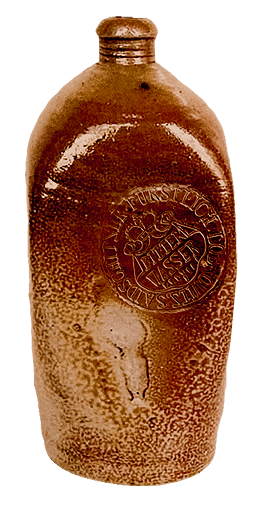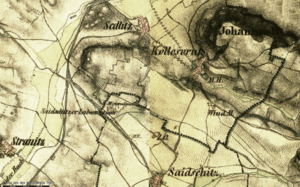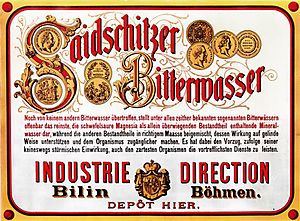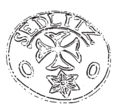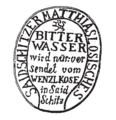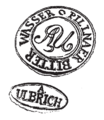Zaječická hořká facts for kids
Zaječická hořká (which means "Zaječice's Bitter Water") is a natural mineral water from the Czech Republic. It comes from the village of Zaječice in the Ústí nad Labem Region. This water has been known for a very long time for its special qualities.
What is Zaječická Hořká?
Zaječická hořká has been famous since the 1500s. People used it to help their bodies digest food and to act as a gentle laxative. This means it helped people go to the bathroom more easily.
The water comes from natural wells near Zaječice, Korozluky, and Sedlec. It is a type of mineral water rich in Magnesium sulphate. This makes it cool, a bit cloudy, and yellowish. It doesn't have a smell, but it tastes quite bitter.
For many years, this bitter water was sent all over the world. It was sold as a natural alternative to Epsom salt, which is also used for digestion. Different names were used for the water, like Zaječická hořká, Seidschitzcher bitter-wasser, Sedlitz water, and Püllna wasser.
Sometimes, the salt from the water was collected by letting the water evaporate. This salt was then made into "Biliner digestive pastiles," which were like small candies to help with digestion.
Later, in the late 1800s, a product called "Sedlitz powder" became popular. This powder was also used as a laxative. However, it was important to know that "Sedlitz powder" was different from the natural "Biliner digestive pastiles." The powder was made in different factories and had various ingredients.
History of Zaječická Hořká
Since the 1600s, the noble House of Lobkowicz managed the Zaječická bitter water. They were connected to the Spa Bílinská Kyselka in the nearby town of Bílina. The water from the wells was sometimes made thicker by boiling it. Then, it was put into glass bottles for sale.
The first scientific studies about how this water could help people were done by doctors. These doctors, called balneologists, studied mineral waters and their health benefits. Some of the first to describe Zaječická hořká were Josef von Löschner, Franz Ambrosius Reuss, and August Emanuel von Reuss.
Gallery
 | Selma Burke |
 | Pauline Powell Burns |
 | Frederick J. Brown |
 | Robert Blackburn |


